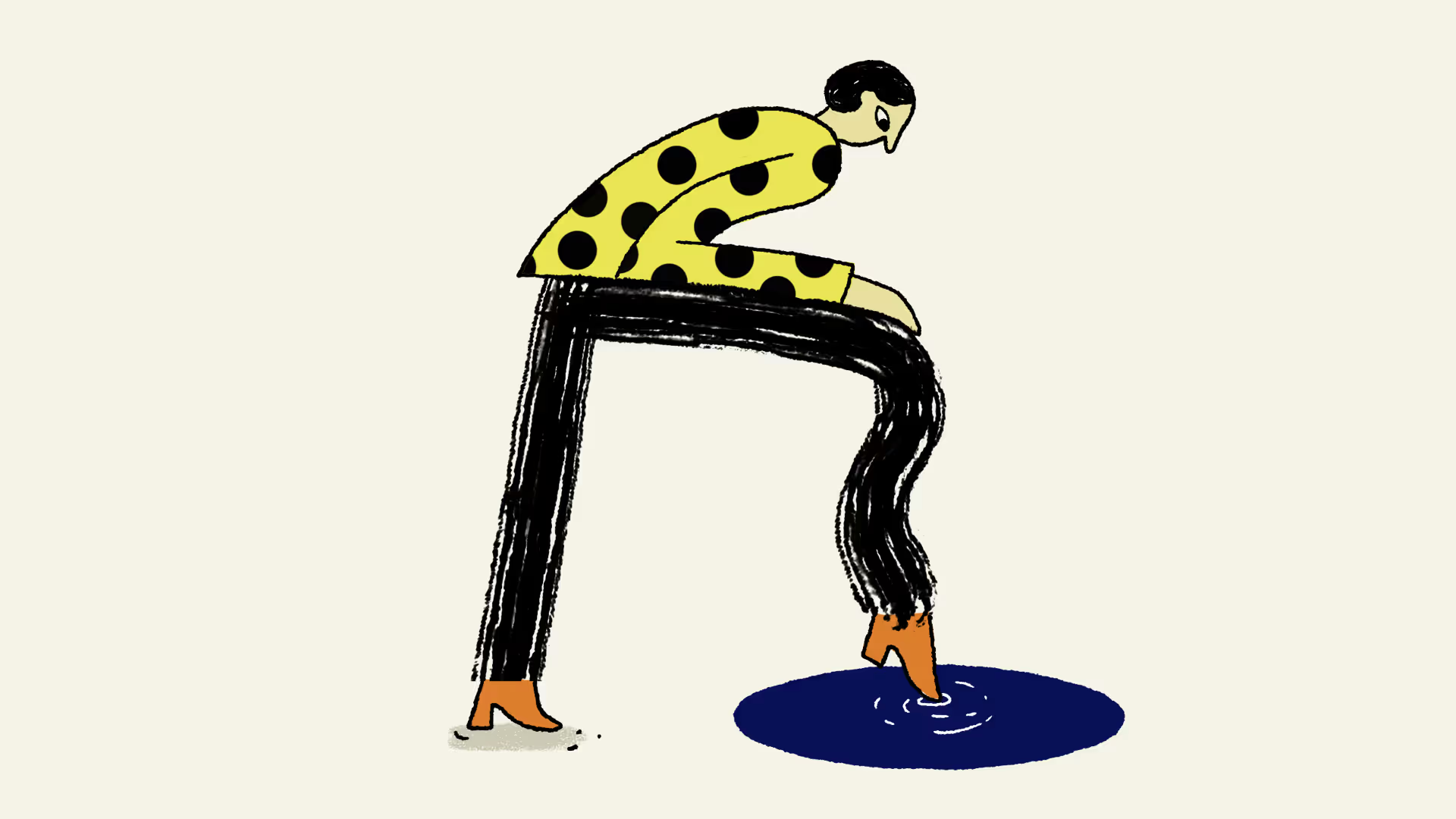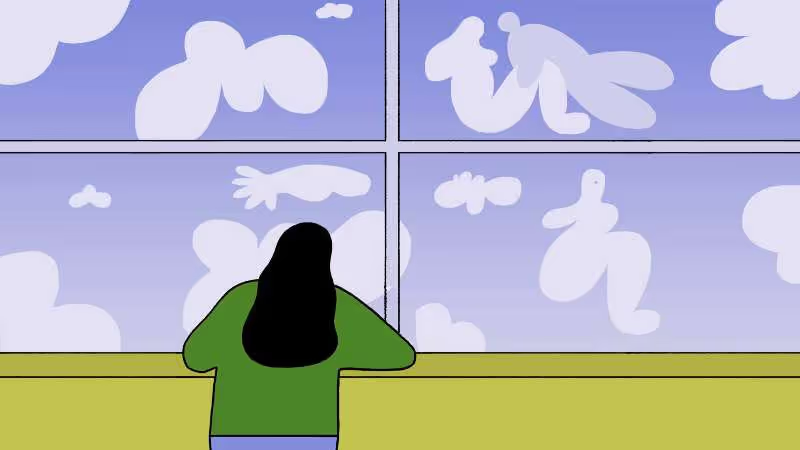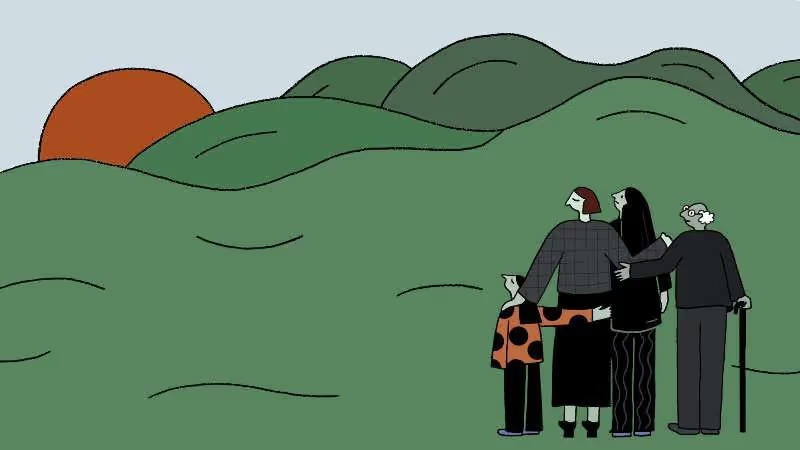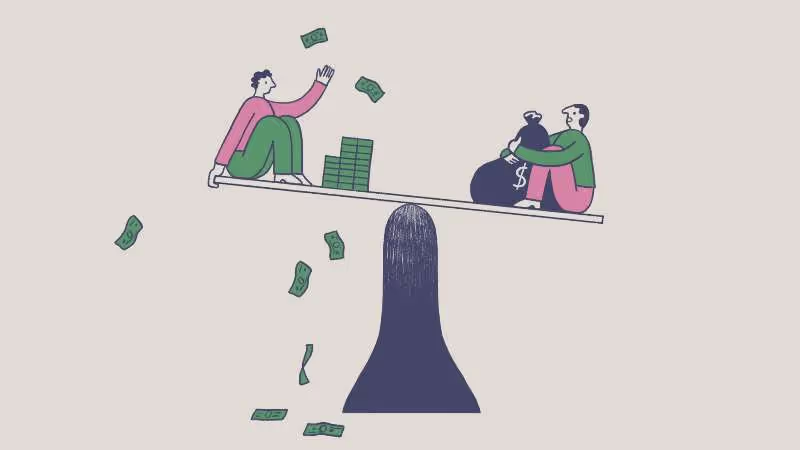Shall We Begin?
In order to live within civilization, society dictates that we must repress our primitive impulses for the greater good. In order to live within our relationships, the same is true. We live and love within a highly-complex and nuanced set of rules about what is right and what is wrong; what is acceptable and what lines are not to be crossed. And yet, some of our greatest pleasures and most significant advancements can come from crossing those very lines…doing the thing we’re not supposed to do…asking the questions we shouldn’t dare ask. Why?
One of the most useful and underutilized tools we have to understand ourselves and our relationships is the Taboo. It’s those hidden forces that all cultures, via the family and community, ingrain in us in order to create and maintain the boundaries which preserve social order. A central question in Freud’s Totem and Taboo asks what it means that every civilization, culture, and religion has had to create major things that are forbidden. Historically, taboos about what we can and cannot do, say, eat, wear, or with whom we can love or have sex have served utilitarian purposes. Some taboos, such as beastality and pedophilia, remain important fixed boundaries that combat violence. But most other taboos are ever-changing, and necessarily so—from interracial marriage to homosexuality. As a group of people acquires more freedom, the nature of the taboo once holding them back shifts.
Many great love stories have explored this concept. We know from Jane Austen that when people were still marrying explicitly to acquire land and resources, it was taboo to marry someone who came empty-handed. But we also know from Romeo and Juliet that sometimes the most passionate relationships are fueled by the power of going against the rules, breaking the taboos we live with in order to follow some primal instinct deep within us. No matter the era, society has always been organized around shifting sets of incentives and prohibitions, license and abstinence. Is it any wonder that we struggle to find the balance between compliance and defiance in our personal lives?
In Mating in Captivity, I ask: why is the forbidden so erotic? Is it that when we do what we’re not supposed to, it feels like we’re doing what we really want? When we trespass the line in the sand, when is it weakness and when is it boldness? How do we understand the guilt that can follow the pleasure of engaging with the forbidden? How is it different when we cross the line alone versus when it’s a shared experience?
As a cross-cultural therapist, I often work with interracial, interreligious, and intercultural families for whom the very act of marrying out may be taboo. In my work with these families, the taboos each partner has inherited may cause tension when trying to break a stalemate or find consensus. It can be about circumcision, premarital sex, death rituals, financial beliefs, or whether to let one’s daughter wear a miniskirt. That said, you don’t have to be a Jew marrying a Muslim to face these tensions. Every couple brings their legacy of taboos into their relationship.
When people talk to me about their transgressions, they talk about freedom, rebellion, power, bravery, and excitement. They also talk about guilt, secrecy, fear, and shame. There are many situations where we’re told you can never do this, that will never work, no woman or man has ever done that, why do you think you can? But defying the odds, going against one’s history of obedience, or just feeling “naughty” can be so enticing.
Individualism and the modern ideology of love has liberated us from many taboos. It’s afforded us unprecedented freedom—premarital sex, marriage as a free choice enterprise, divorce, and more. But it has also left us unmoored, in search of new rules. I often talk about how we all need freedom and security, and autonomy and structure. A rejection of the old rules means we must make up the new rules for ourselves. And that can be a burden. It’s easier to reject the societal mandate than come up with our own codes. And even more so, when we have to discuss them openly with our partners. What if what we desire is the very thing they find so taboo? But a deeper relationship requires that we explore our own dark side of the moon.
Let’s Turn the Lens on You
Addressing one’s taboos is a journey. Here are some questions to help you start.
- What are some of the main taboos you’ve grown up with? Around sex? Death? Money? Gender roles?
- What are some of your key beliefs about those taboos?
- Where did you learn them?
- How do they play out in your relationships?
- How do you talk about non-normative past sexual experiences?
- If you wanted to try non-vanilla sex, how would you bring it up?
- When someone close to you wants to talk about money, does it feel empowering, tacky, or neutral? Why?
- Are you comfortable talking about death? Why or why not?
Let's continue the conversation.
Watch the replay of the Letters From Esther Workshop: Are Taboos Holding Your Relationship Back?
More From Esther
Why Do Sexual Taboos Make Up Our Sexual Fantasies? / a recent blog
Our sexual fantasies, and the taboos they contain, are symbolic maps of our deepest needs and wishes. Accessing that vulnerability can enhance our sex lives, but getting there is a taboo in and of itself. It means talking about it.
Growing through Discomfort / a new free resource for mental health professionals
My five part mini-series to help therapists, coaches, and mental health professionals navigate change and difficult conversations with their clients around stress, death, loss, and boundaries.
Where Should We Begin? Season 4 Pod Club / on Instagram Live
In our second Pod Club, producer Jesse Baker and I discuss show notes from Episode 3 “The Chronic Philanderer.
Conversation Starters
A compendium of highly recommended sources of inspiration and information
I’m Reading/Watching:
- “The Trajectory of Loneliness in Response to Covid-19” by Paula R. Pietromonaco and Nickola C. Overall.
- “How Not to Apologize in Quarantine” by Adam Grant (The New York Times)
- Dan Ariely’s “Dishonesty Project”
- “Neuroscientist David Eagleman on How the Physiology of Drug Withdrawal Explains the Psychology of Heartbreak and Loss” by Maria Popova (Brain Pickings)
- “With My Body” by Nikki Jemel
- The Lunchbox, a film by Ritesh Batra
- “The Person You Mean to Be: How Good People Fight Bias” by Dolly Chugh
I’m Participating in:
I am very excited to be one of the guest teachers in Rabbi Marcelo Bronstein’s online Teshuvah Puzzle Process—a spiritual and psychological journey in 12 (mostly live) online sessions beginning September 9. Teshuvah (return to our essence) is not easy in a normal year. But as we continue to face an unprecedented global pandemic, it is even more challenging to find a safe space to do an honest “Cheshbon Ha -Nefesh,” an accounting of our souls. I hope you’ll join us.







.svg)





